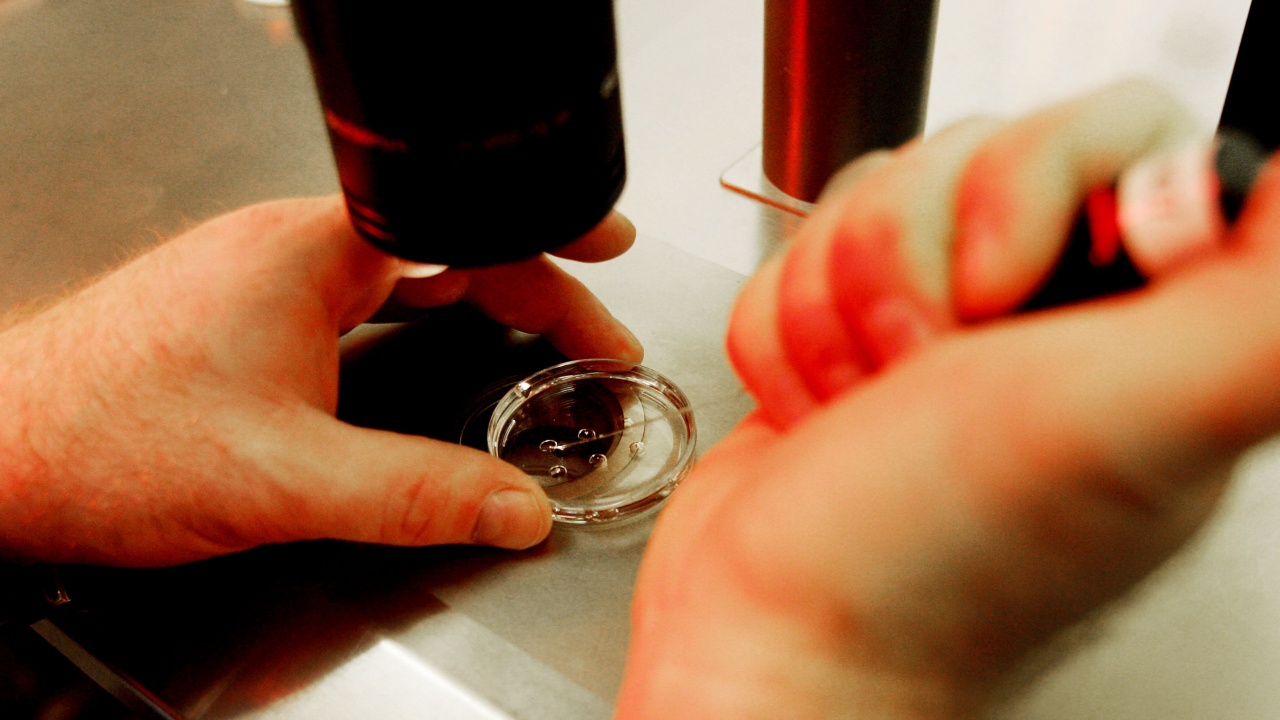Listen to the news
11-year-old Xiaoxing (pseudonym), a leukemia patient, recently successfully underwent an operation to freeze ovarian tissue before a bone marrow transplant at the People's Hospital of Peking University (NBPU), BTA reports.
The operation, or cryopreservation of ovarian tissue, saves her ability to become pregnant in the future by keeping her ovarian tissue at a low temperature.
Modern fertility preservation techniques include egg freezing, embryo freezing, sperm freezing, and ovarian tissue freezing.
The latter is also the only option for preserving the fertility of pre-pubescent girls, says Tian Li, deputy head of the hospital's obstetrics and gynecology department.
Women and sex: What sexual appetite depends on
This technique is suitable for patients urgently needing surgery, radiotherapy or chemotherapy, which can cause damage to the ovaries or premature ovarian failure, she added.
During such an operation, doctors take tissues from the cortex of the ovaries, in which many follicles are stored, and freeze them in liquid nitrogen at a temperature of minus 196 degrees Celsius.
After the patients' disease improves, their ovarian tissues are thawed and transferred back into their body to restore their endocrine and ovulatory functions.
Xiaoxing was diagnosed six months ago with chronic myeloid leukemia, a type of cancer that produces many immature white blood cells and suppresses regular blood production in the bone marrow.
Chemotherapy and a bone marrow transplant become urgent for her, but these will directly lead to the loss of her fertility.
In bone marrow transplant patients of childbearing age, the incidence of premature ovarian failure -- a decline in normal ovarian function before age 40 -- is nearly 100 percent after they receive myeloablative chemotherapy, says Yang Xin, an expert in the department of obstetrics and gynecology. gynecology of the National University of Applied Sciences.
She explained that high doses of chemotherapy can cause premature ovarian failure, leading to loss of fertility.
Ultimately, Xiaoxing underwent an ovarian tissue freezing operation lasting several hours after experts from the hospital's obstetrics and gynecology, hematology and pediatrics departments jointly confirmed the feasibility of the operation.
"This is the best way for Xiaoxing to subsequently restore the functions of her endocrine system and ovulation after the bone marrow transplant," said Wang Jianliu, deputy head of the NBPU.
In addition to current ovarian tissue freezing technology, researchers are making steady breakthroughs in methods of preserving female fertility in China.
In December last year, a group of scientists from the University of Science and Technology of China published their new findings in the journal Nature Communications, revealing a method to preserve mouse follicles at low temperature.
The method is cryopreservation with vitrification of follicles encapsulated in hydrogel by "nanoheating" - a new cryopreservation technology.
Compared to conventional methods, it increases follicle viability by more than 30% after recovery, shedding light on a promising approach to preserving female fertility.
According to the research team, the patent for their new technology has been filed and is expected to be clinically applied this year at affiliated hospitals in the eastern Chinese province of Anhui.
high fertility
tumor cells
